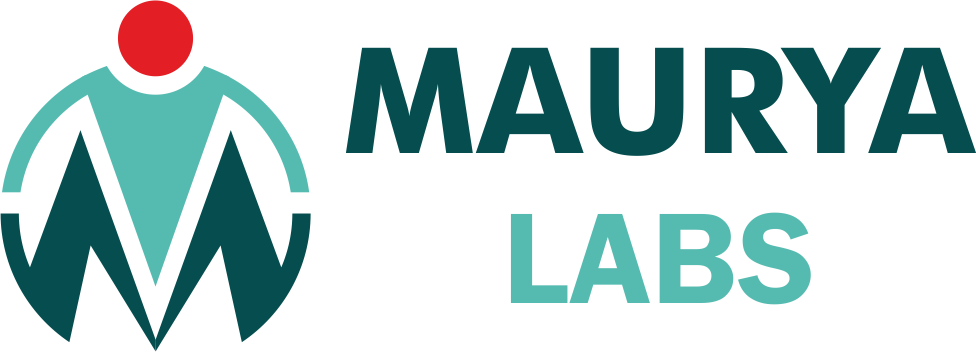Serum Magnesium
Serum Magnesium
- This test is meant to measure the level of Magnesium in the blood.
- No special preparation is required.
- This test would provide a value for magnesium levels in the blood. The normal level is about 1.6–2.5 mg/dl.
What is Serum Magnesium Test ?
A magnesium blood test measures the amount of magnesium in your blood. Magnesium is a type of electrolyte. Electrolytes are electrically charged minerals that are responsible for many important functions and processes in your body.
Your body needs magnesium to help your muscles, nerves, and heart work properly. Magnesium also helps control blood pressure and blood sugar.
Most of your body’s magnesium is in your bones and cells. But a small amount is found in your blood. Magnesium levels in the blood that are too low or too high can be a sign of a serious health problem.
Reported Parameters
Serum Magnesium Level
All The Questions that you might have
- Why is Serum Magnesium Test Done ?
- How to interpret the results of Serum Magnesium Test ?
- What is the role of Magnesium in our body ?
- How to get Magnesium through Diet ?
Your health care provider may order a magnesium blood test if you have symptoms of low magnesium or high magnesium levels.
Symptoms of low magnesium include:
- Weakness
- Muscle cramps and/or twitching
- Confusion
- Irregular heartbeat
- Seizures (in severe cases)
Symptoms of high magnesium include:
- Muscle weakness
- Fatigue
- Nausea and vomiting
- Trouble breathing
- Cardiac arrest, the sudden stopping of the heart (in severe cases)
You may also need this test if you are pregnant. A magnesium deficiency can be a sign of preeclampsia, a serious form of high blood pressure that affects pregnant women.
In addition, your provider may order this test if you have a health problem that can cause a magnesium deficiency. These include malnutrition, alcoholism, and diabetes.
If your results show you have a magnesium deficiency, it may be a sign of:
- Alcoholism
- Malnutrition
- Preeclampsia (if you are pregnant)
- Chronic diarrhea
- Digestive disorder, such as Crohn’s disease or ulcerative colitis
- Diabetes
If your results show you have a higher than normal amount of magnesium, it may be a sign of:
- Addison disease, a disorder of the adrenal glands
- Kidney disease
- Dehydration, the loss of too much bodily fluids
- Diabetic ketoacidosis, a life-threatening complication of diabetes
- Overuse of antacids or laxatives that contain magnesium
If your results show you have a magnesium deficiency, your health care provider will probably recommend you take magnesium supplements to raise levels of the mineral. If your results show you have too much magnesium, your provider may recommend IV therapies (medicine delivered directly to your veins) that can remove excess magnesium.
Magnesium (Mg) is the 4th most common mineral and the 2nd most abundant intracellular cation in the body. It plays major roles in various physiological activities and has been implicated in many disease states.
Your body needs magnesium to help your muscles, nerves, and heart work properly. Magnesium also helps control blood pressure and blood sugar.
Daily requirement of Magnesium is as follows :
- Men: 400–420 mg
- Women: 310–320 mg
In general rich sources of magnesium are greens, nuts, seeds, dry beans, whole grains, wheat germ, wheat and oat bran. Some of the foods rich in magnesium are :
- Pumpkin seed
- Almonds
- Spinach
- Cashews
- Pumpkin seeds
- Peanuts
- Potato
- Rice, brown
- Oatmeal
- Kidney beans
- Banana
- Milk







